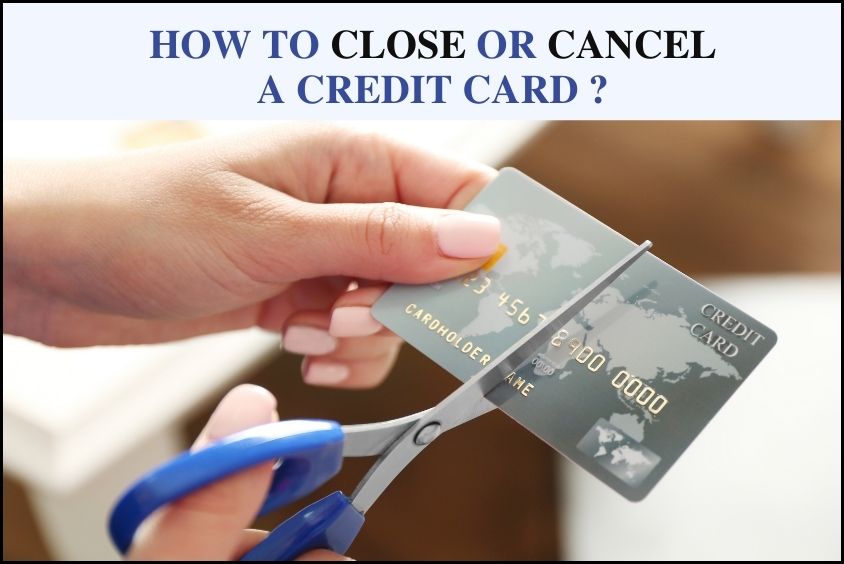The advice in this article is offered by the team independent of any bank or credit card issuer. This article may contain from our partners, and terms may apply to offers linked or accessed through this page. as of posting date, but offers mentioned may have expired. Bankrate logo.
We at Bankrate want to take the mystery out of the credit card business so that everyone can understand it, no matter where they are in their journey. Our team is full of a diverse range of experts from credit card pros to data analysts and, most importantly, people who shop for credit cards just like you. With this combination of expertise and perspectives, we keep close tabs on the credit card industry year-round to:
At Bankrate, we focus on the points consumers care about most: rewards, welcome offers and bonuses, APR, and overall customer experience. Any issuers we talk about on our site have been checked out based on how much value they offer at each of these levels. At each step of the way, we fact-check ourselves to prioritize accuracy so we can continue to be here for your every next. Bankrate logo.
Bankrate follows a strict editorial policy, so you can trust that we’re putting your interests first. Our award-winning editors and reporters create honest and accurate content to help you make the right financial decisions.
We value your trust. We want to give readers information that is both correct and fair, and we have editorial standards in place to make sure that happens. Our editors and reporters thoroughly fact-check editorial content to ensure the information you’re reading is accurate. We maintain a firewall between our advertisers and our editorial team. Our editorial team does not receive direct compensation from our advertisers.
Bankrate’s editorial team writes on behalf of YOU – the reader. Our goal is to give you the best advice to help you make smart personal finance decisions. We follow strict guidelines to ensure that our editorial content is not influenced by advertisers. Our editorial team receives no direct compensation from advertisers, and our content is thoroughly fact-checked to ensure accuracy. So, whether you’re reading an article or a review, you can trust that you’re getting credible and dependable information. Bankrate logo
Opening a new credit card can be an exciting prospect. The welcome bonus, special financing offers, and potentially lucrative rewards structure are hard to resist. However, the honeymoon period doesn’t always last. After using the card for several months, you may find it doesn’t actually fit your spending habits or lifestyle needs. This leads to the question – how soon after opening a credit card can you close it without damaging your credit or facing penalties from the issuer?
In short, you should never close a credit card account in the first year after getting it. Even though it’s not against the law to close an account early, most people advise waiting at least 12 months before closing a new credit card account. Here’s why .
Closing Too Soon Risks Clawbacks and Account Closures
Card companies don’t like it when people open accounts just to get the welcome bonus and then close them right away. This is called “churning,” and it’s against the rules. Issuers make it clear in their terms and conditions that this kind of behavior can get you kicked off future bonuses, have your points or miles taken away, or even have your account closed.
Examples: If you cancel your American Express card within the first year, they may take back your welcome bonus. “If you have a history of cancelling or downgrading American Express Card accounts within the first year and you cancel or downgrade your new Card account within the first year, we may not credit, freeze, or take away Membership Rewards® points from your account,” their terms say. “.
So even if you already spent the welcome bonus, Amex can claw those points back if you cancel too soon.
Closing Before the Fee Hits Lets You Avoid Paying
For many credit cards, the first year’s fee is free. This allows customers to try out the card without obligation. Don’t pay the first fee if you cancel the card before the 11th or 12th month. You got away with it.
Issuers know this loophole exists. Their terms often advise that while you won’t be charged a fee since you cancelled early, you also won’t get the full benefits you already paid for by closing before your cardmember year is up.
Rather than trying to avoid the fee, a better option is to call the issuer when it posts and ask them to waive it or provide a retention offer. Issuers want to keep long-term customers, so they may credit you to keep your business.
Early Cancellation Can Hurt Your Credit Score
One of the factors that makes up your FICO credit score is the average age of your credit accounts. When you close a credit card, you lower the average age and lose those months or years of credit history. This is especially true if you close one of your oldest accounts.
While the impact may be relatively small in the grand scheme, every point matters when you’re trying to keep your score as high as possible. Don’t close an account earlier than necessary when waiting a few more months won’t really hurt.
Bottom Line – Keep New Cards Open for 12 Months Minimum
Credit card issuers are making it increasingly clear that engaging in churning or closing accounts too soon after opening can land you in hot water. You may face penalties like revoked bonuses, frozen points, account closure, or blacklisting from future offers. It’s simply not worth the risk for a small short term gain.
Additionally, by closing before the annual fee hits, you miss out on benefits you already paid for with the fee. And you lose the credit history associated with that account which can hurt your scores.
The standard recommendation is to keep any new credit card open for at least 12 months before considering closure. This shows the issuer you are a genuine, long-term customer and avoids any potential penalties. If you truly don’t want to keep the card after the first year, check for retention offers first before closing it. But closing before month 12 comes with unnecessary risks.
- Closing within the first year risks clawbacks and account closures per issuer terms
- You miss out on card benefits you already paid the annual fee for
- Early closure reduces your length of credit history and hurts credit scores
- Keep new cards open for at least 12 months to avoid issues
- Check for retention offers before closing after the first year
So be sure to think long term when opening a new credit card. The short term gain of a welcome bonus isn’t worth the consequences of early closure. By keeping new accounts open for at least a year, you avoid potential penalties and show issuers you are a genuine, responsible customer.

How we make money
You have money questions. Bankrate has answers. Our experts have been helping you master your money for over four decades. We continually strive to provide consumers with the expert advice and tools needed to succeed throughout life’s financial journey.
Bankrate follows a strict editorial policy, so you can trust that our content is honest and accurate. Our award-winning editors and reporters create honest and accurate content to help you make the right financial decisions. The content created by our editorial staff is objective, factual, and not influenced by our advertisers.
We’re transparent about how we are able to bring quality content, competitive rates, and useful tools to you by explaining how we make money.
Bankrate.com is an independent, advertising-supported publisher and comparison service. We are compensated in exchange for placement of sponsored products and services, or by you clicking on certain links posted on our site. Therefore, this compensation may impact how, where and in what order products appear within listing categories, except where prohibited by law for our mortgage, home equity and other home lending products. Other factors, such as our own proprietary website rules and whether a product is offered in your area or at your self-selected credit score range, can also impact how and where products appear on this site. While we strive to provide a wide range of offers, Bankrate does not include information about every financial or credit product or service.

- You might be able to cancel a credit card application right after applying if the credit card issuer hasn’t completed processing it yet.
- If you’ve already been approved for the card, you’ll probably need to cancel your new card just like you would any other card.
- Before you cancel your new credit card, consider potential consequences, such as the impact on your credit utilization and credit scores.
When you apply for a credit card, the decision is usually almost instant. This can be convenient — unless you realize you don’t want the card after all.
Also, keep in mind that you will lose any welcome bonus you had your eye on. Issuers tend to frown on those who open and close their accounts within a year or less after acquiring it to prevent a practice called card churning.
What to do before you cancel
At the end of the day, you may still decide to go ahead and cancel. This may be because when you actually got your card in the mail, your terms turned out to be not exactly what you expected. Perhaps the actual credit limit is different, or the annual percentage rate doesn’t appeal to you. You will find out such details by going through the fine print.
Even then, if you still want to hold on to the card, you could try talking to the issuer to see if you could negotiate the terms you’re not happy with. Also, if you change your mind about paying an annual fee, you could ask to downgrade to a different no-fee card from the same issuer.
If the issuer doesn’t negotiate with you, you will have to cancel the new card, much as you would any other card you hold.
Should I Close a Paid Credit Card Or Leave It Open?
FAQ
How soon can you close a credit card after opening?
You can close a credit card relatively soon after opening it, but it’s generally not recommended to do so immediately or within a year.
Does closing a credit card hurt your credit score?
When you close a credit card account, it can hurt your credit score, but the amount depends on your credit situation.
Can we close a credit card immediately?
Closing a credit card can hurt your credit score. That is why it is important to follow a process while cancelling it. Pay off your balance: To cancel your card, your balance must be paid in full. Otherwise, you’ll need to keep it open until the balance is zero.
Can I cancel a credit card I just activated?
Bottom line. If you change your mind and don’t want a card that you recently opened, it’s smarter to call the issuer to cancel the card than just ignoring it. You could be hit with an annual fee you didn’t expect, or the card issuer could close your account because it’s not being used.
